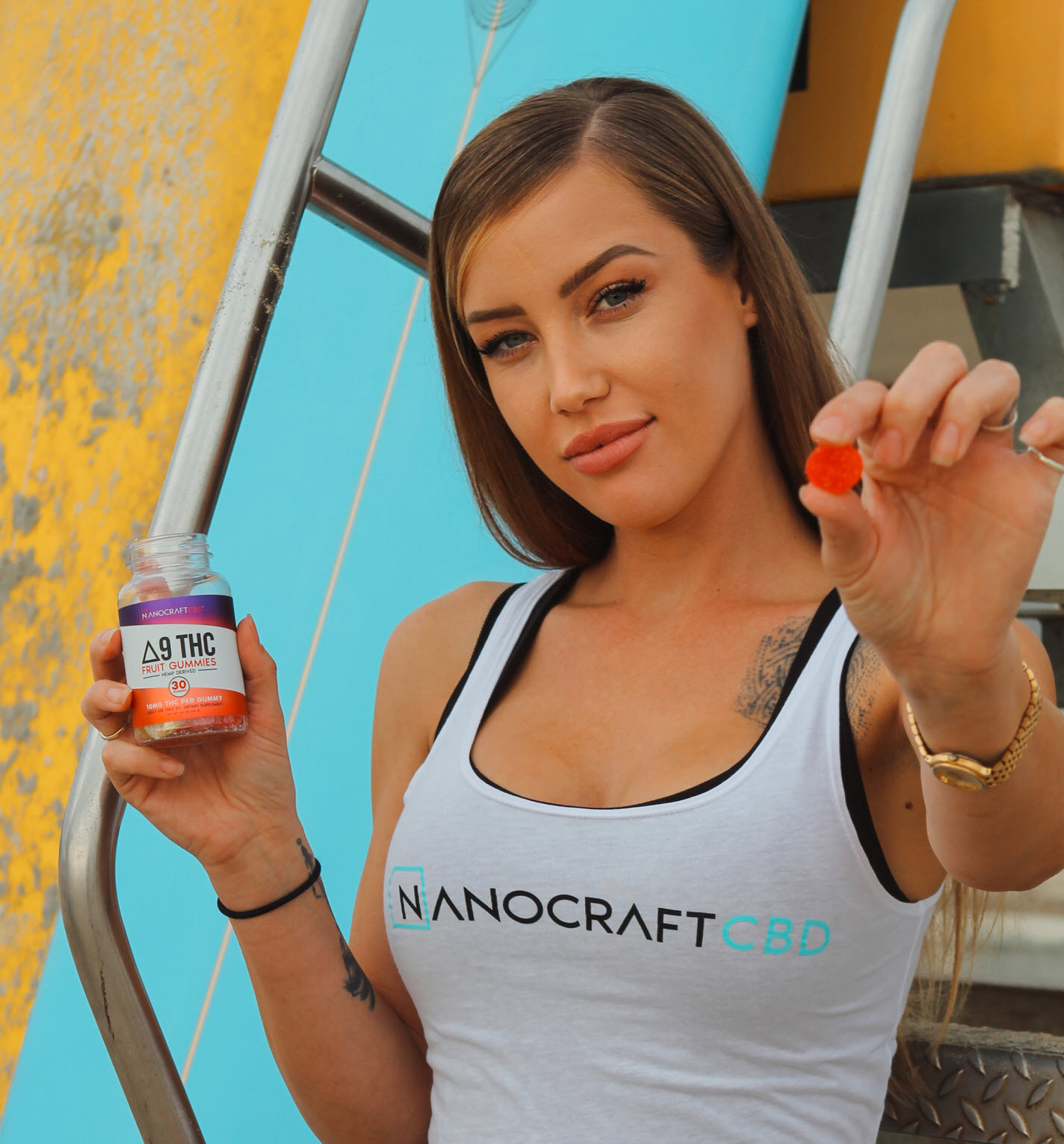Are Delta 9 Gummies Legal? What You Need to Know
The world of cannabis products can be complex and confusing, especially when it comes to the legal aspects. Delta 9 gummies, in particular, have gained popularity among consumers for their convenient and discreet form of cannabis consumption. However, before diving into the world of Delta 9 gummies, it is crucial to understand the legal landscape surrounding these products. This article aims to provide a comprehensive analysis of the key factors that impact the legality of Delta 9 gummies and equip readers with the knowledge they need to make informed decisions.
Understanding Delta 9
Delta 9-tetrahydrocannabinol, commonly known as Delta 9 THC, is a psychoactive compound found in cannabis. It is the primary psychoactive ingredient responsible for the "high" associated with marijuana use. The legality of Delta 9 THC varies from country to country and even within different states or provinces.
Exploring the World of Gummies
Gummies have become a popular form of cannabis consumption due to their convenient and discreet nature. These bite-sized treats are infused with various cannabinoids, including Delta 9 THC, and offer an alternative to traditional methods like smoking or vaping. Gummies come in different flavors, potencies, and shapes, making them appealing to a wide range of consumers.
Unraveling the Legal Status
The legal status of Delta 9 gummies depends on a multitude of factors, including the country, state, or province where they are being sold. In regions where recreational or medical cannabis is legal, Delta 9 gummies may be sold through licensed dispensaries or online platforms. It is crucial to familiarize yourself with the local cannabis laws and regulations to ensure compliance and avoid any legal consequences.
The Impact of Cannabis Legalization
The legalization of cannabis has generated extensive debate globally. Proponents argue that legalizing cannabis, including Delta 9 gummies, helps regulate the market, reduce crime rates, and provide safer access for consumers. Conversely, opponents express concerns over potential health risks, abuse, and addiction. Balancing these concerns is crucial for policymakers and regulators when crafting cannabis laws.
Challenges and Tradeoffs
Decisions regarding the legality of Delta 9 gummies involve complex tradeoffs. Regulators must consider public health, safety, taxation, enforcement, and economic implications. Striking the right balance is challenging, as each approach carries its own set of advantages and disadvantages. Ultimately, it is essential to find a solution that best serves the interests of both consumers and society as a whole.
The Importance of Informed Decision-Making
When deciding whether Delta 9 gummies should be legal, it is crucial to consider the potential impact on individuals and communities. Understanding the social, economic, and health ramifications helps policymakers make well-informed choices. Additionally, consumers should educate themselves about the legal framework in their region to ensure compliance and responsible use.
Conclusion
In conclusion, the legality of Delta 9 gummies is a complex issue influenced by various factors. Understanding the legal landscape, the role of Delta 9 THC, and the tradeoffs involved is essential for both regulators and consumers. By staying informed and advocating for responsible use, individuals can navigate the world of cannabis products with confidence and ensure compliance with local laws.
